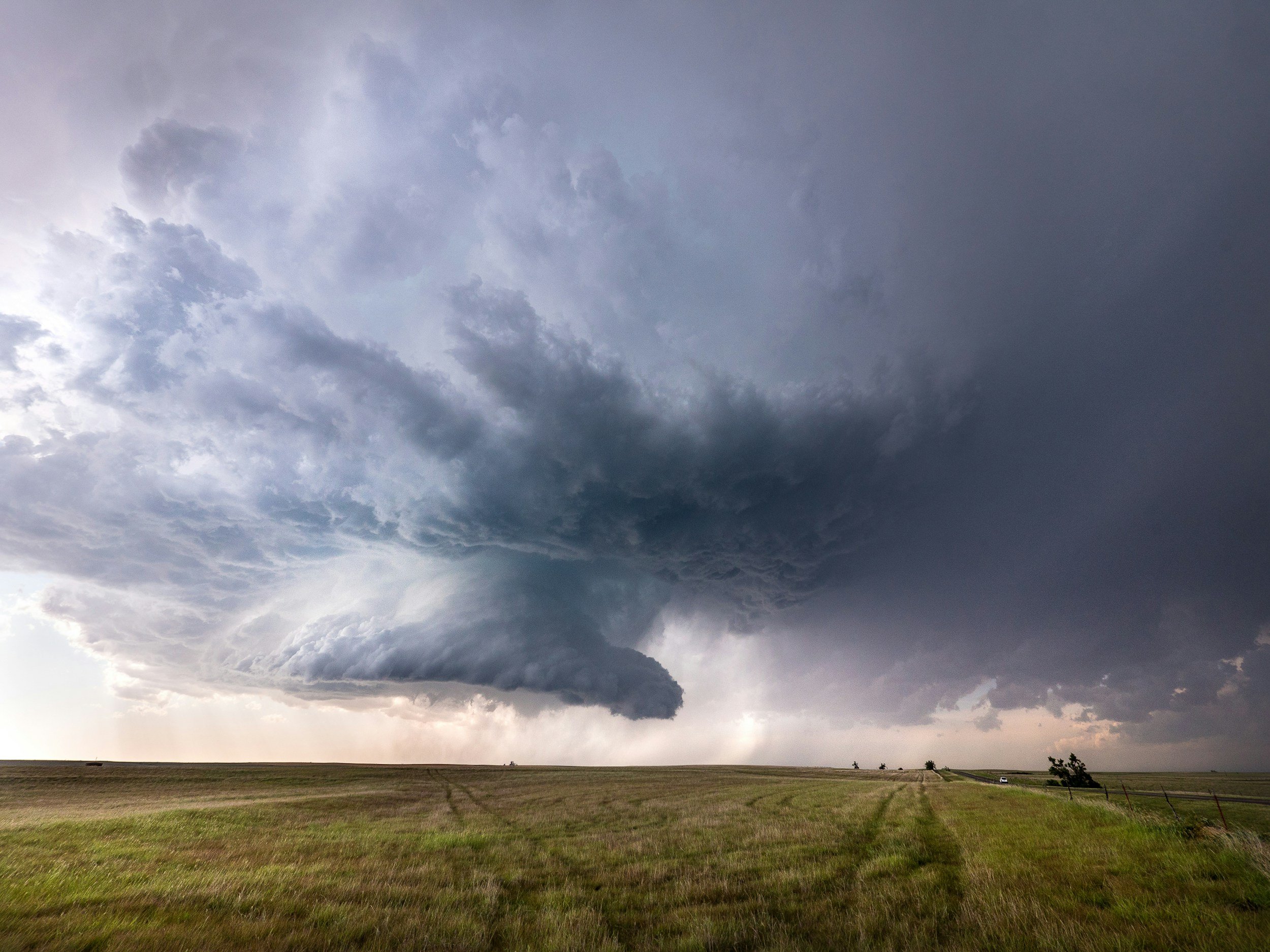
Extreme Weather and Health Care
North Carolina is facing more frequent and more intense extreme weather events, including heatwaves, wildfires, hurricanes, and heavy precipitation, that pose a significant threat to health care systems and the timely delivery of patient care. These events can create new health risks and exacerbate chronic conditions, while disproportionately impacting vulnerable groups that experience existing health inequities. Despite increasing and disproportionate risks, addressing extreme weather-related health threats has not been prioritized in medical training or local and regional planning efforts.
Through our Extreme Weather and Healthcare efforts, we are committed to supporting climate resilient health care practices across the state with an emphasis on providers and clinics that serve highly impacted communities.
Spotlight on recent work
Climate Readiness in North Carolina Safety Net Clinics
Safety net clinics, including Community Health Centers (CHCs) and Free and Charitable Clinics (FCCs), provide critical care to those that experience economic, geographic, and cultural barriers to healthcare. These populations are often most heavily impacted by extreme weather events.
Along with the Carolinas Adaptation Partnership (CAP), we partnered with safety net clinics in 2024 to gain insight into the climate health issues affecting safety net clinics and emerging needs around preparedness. Reporting of the initial findings can be found here.
Current efforts include: collaborating with Capstone students at the Gillings School of Global Public Health to develop evidence-based climate risk communication strategies for priority populations; and serving on the Advisory Committee for CATALYST, a study conducted at OCHIN and Harvard Medical School to identify strategies that CHCs can implement to prepare for and alleviate the health impacts of climate change.
Medication Assisted Treatment in Climate Emergencies
In the days following Hurricane Helene, the most frequent phone call at a community health center in Western North Carolina (WNC) was for refills on Buprenorphine— a medication used in Medication Assisted Treatment (MAT) to treat people with opioid use disorder.
Currently, there is no protocol for dispensing medications like Buprenorphine in the aftermath of extreme weather events, which can lead to treatment disruption, relapse into opioid abuse, and other poor patient outcomes.
We have engaged our network and assembled a team of health professionals in Western North Carolina and nationally to gather insights, conduct research, and recommend guidelines for adapting protocols for MAT in climate emergencies.
Interested in learning more or getting involved with Extreme Weather and Healthcare efforts?


